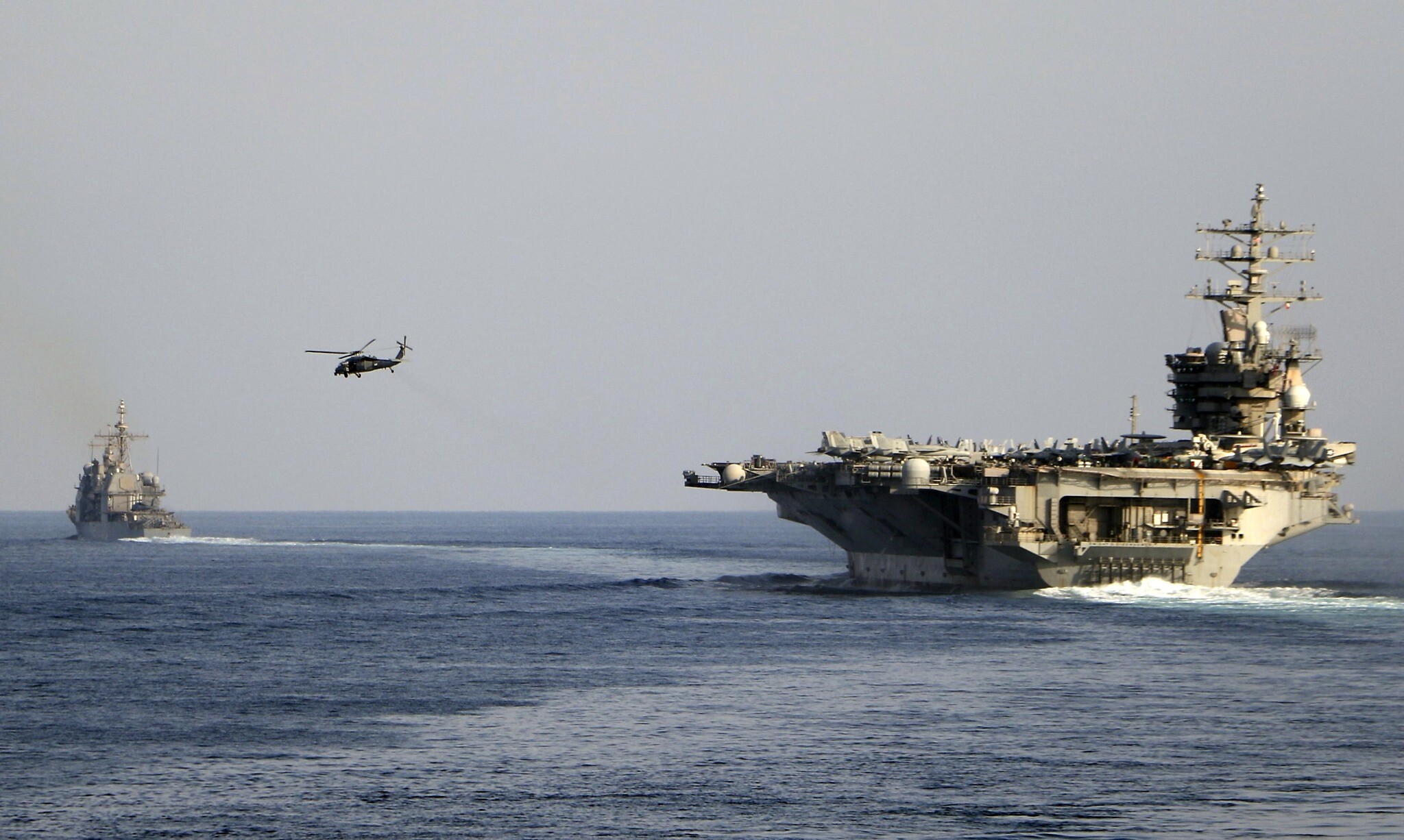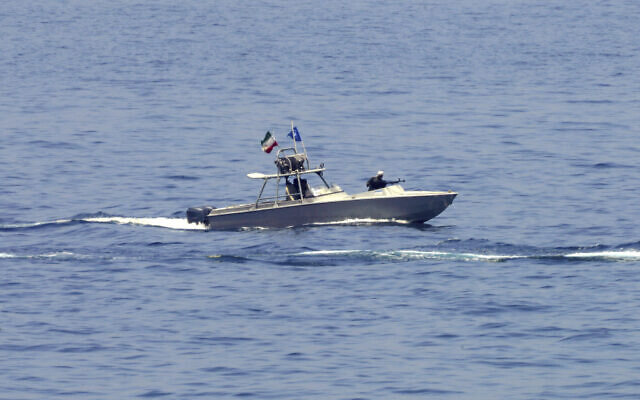



Electronic interference with commercial ship navigation systems has surged in recent days around the Strait of Hormuz and the wider Gulf, which is having an impact on vessels sailing through the region, naval forces said on Monday.
Iranian missiles struck major Israeli cities on Monday, while Prime Minister Benjamin Netanyahu said Israel was on its way to eliminating “threats” from nuclear and missile facilities in Iran, and casualties mounted after four days of conflict.
Tehran has in the past threatened to close the critical Strait of Hormuz to traffic in retaliation for Western pressure. Any closure of the strait could restrict trade and impact global oil prices.
“JMIC continue to receive reports of electronic interference stemming from the vicinity of Port of Bandar Abbas [in Iran], in the SoH and several other areas in the Arabian Gulf,” the multinational, US-led Combined Maritime Force’s JMIC information centre said in an advisory.
“These interferences, which continue to intensify throughout the region, are having a significant impact within the Gulf itself. This disruption is affecting vessels’ ability to accurately transmit positional data via automated identification systems (AIS), posing operational and navigational challenges for maritime traffic.”
Every oceangoing ship has a number of navigation systems onboard, which includes the AIS public ship tracking system that is used extensively by merchant shipping across the world.
The advisory followed an earlier note on Monday by UKMTO maritime agency, which also pointed to an increase in navigational interference in the Gulf and Strait of Hormuz, although no parties were identified as the source of the interference.
Greek authorities urged their merchant fleet last week to log all voyages through the strait. Greek operators are among the biggest tanker providers in the world.
“The regional threat level remains significant as strikes continue from both Iran and Israel. The maritime threat level remains elevated,” the JMIC said.
Israel first targeted Iran’s nuclear facilities, missile factories and military leadership in the early hours of Friday, in the opening salvos of an ongoing offensive.
Iran began retaliating with ballistic missile fire less than a day later, killing 24 people and wounding hundreds more as of Monday.
Israel has sought to prevent Iran from enriching uranium, which is necessary to produce nuclear arms. Iran’s leaders, who are sworn to destroy Israel, publicly reject nuclear arms, but enrich uranium to a rate of 60 percent — far beyond what is necessary for civilian use, and a short step away from weapons-grade.

